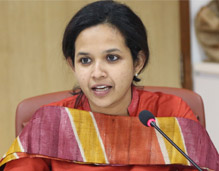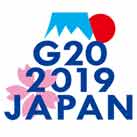Japan, India and the Chabahar Connect in the Indo-Pacific
Associate Fellow, Manohar Parrikar IDSA, Dr Titli Basu’s article titled, 'Japan, India and the Chabahar Connect in the Indo-Pacific’ has been published in Journal of Middle Eastern Studies on March 1, 2020.
- Published: 1 March, 2020












